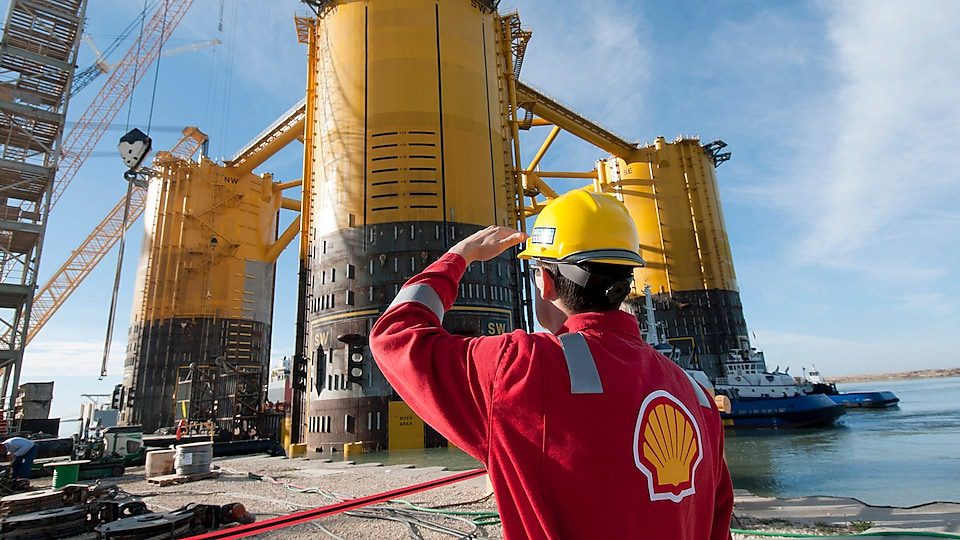Shell said its North Sea oil and gas investment is being threatened by Britain’s windfall tax, as the country attempts to increase its domestic energy supply.
The 25% energy profits levy on oil and gas operators was introduced days ago by Rishi Sunak, the Chancellor of the Exchequer, a senior Minister within the British government. He introduced it to raise £5bn to help fund a support package for households, as inflation soars there.
Sunak, in justifying the levy, had said that the oil and gas sector was “making extraordinary profits” due to surging global prices, a result of Russia’s war on Ukraine.
The levy deemed temporary is set to remain in place until there is some sort of normalcy in the energy markets or until December 2025 end, causing much concern from operators.
“We understand the worry for millions of people about how high energy costs are challenging their household budgets – and the need for support to help make ends meet but at the same time, we must sustain investment in securing supplies of oil and gas the UK needs today, while allocating future spend for the low-carbon energies we want to build for the future,” one Shell spokesperson said, according to a report from The Guardian.
“However, in its current form, the levy creates uncertainty about the investment climate for North Sea oil and gas for the coming years and, longer-term, the proposed tax reliefs for investment don’t extend to the renewable energy system we want to drive forward in the UK and invest in very substantially. When making plans for the next decade and beyond, we need certainty,” the spokesperson added.
BP also weighed in on the topic but took a harder stance; the company is reported to have said that it will undertake a review of its North Sea investment plans.
With the levy, a 90% tax relief was also introduced targeting firms that invest in oil and gas extraction in the UK.



